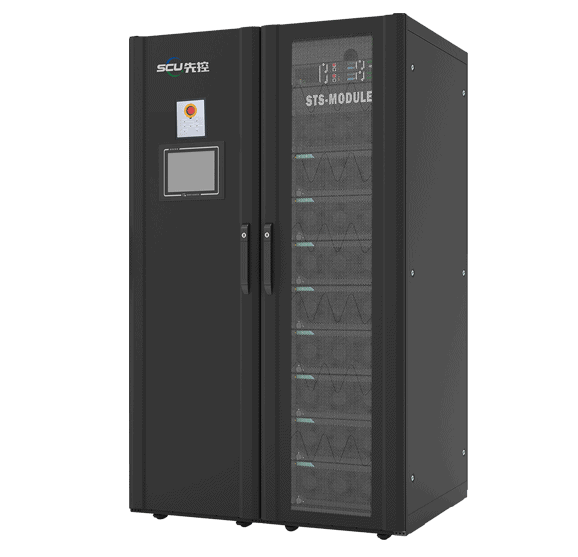In order to let you have a clearer understanding of the modular concept of data center, today we will deeply analyze why the modular UPS is so “hot” in the application of data center from the point of view of a UPS supplier.
The meaning of modularity
The UPS power supply for sale is divided into modules according to its functions. Independence, detachability, and redundancy are the main features of the module. The availability level of the system is determined by the independence of modules, the degree and method of repair, and the redundancy of the system.
According to the characteristics of modularization, modular UPS system can be divided into four levels: modular system , hot swap modular system, redundant modular system, hot swap & redundant modular system.
- Modular system: All subsystems in the system have modular features, such as power supply, refrigeration equipment, distribution switch, etc., and can be installed, disassembled, replaced and moved as a whole in structure.
- Hot swap modular system: The key subsystem of the system has hot swap function, such as the power module.
- Redundant modular system: The key subsystems of the system have redundancy and fault tolerance functions, such as (N + 1) modular UPS, (N + 1) modular air conditioning, etc.
- Hot swap & redundant modular system: The key subsystem of the system has hot swap repair function and redundant fault tolerance function, such as (N + 1) modular ups.
What is modular design?
The so-called modular design is to assemble these modules in the system according to the needs to produce various variants of the original product/process. Taking UPS battery as an example, different number of battery cells (modules) can be combined to obtain different power supply.
Datacenter infrastructure is a complex system integrated with multiple functions, which needs careful engineering design to achieve the best balance between standardization level and user flexibility. Such as rack mounted UPS power supply air conditioning, modular UPS, dual bus power supply system with UPS as the core, modular wiring system, modular power distribution system, etc.
Modular design has become a principle that must be observed in the construction of data center. The following points highlight the advantages of modular design.
- Scalable. Deploy according to the current IT requirements, and add more components according to the requirements in the future, which can significantly reduce the total cost of ownership.
- Changeable. In the system, the reconfiguration of modules can provide great flexibility to meet the changes it needs.
- Movable. When installing, upgrading, reconfiguring or moving modules, independent components, standard interfaces, and easy-to-understand structures save time and money.
- Replaceable. The failed module can be easily replaced for upgrade or repair, usually without stopping the system.
SCU Modular UPS
SCU modular UPS reference


